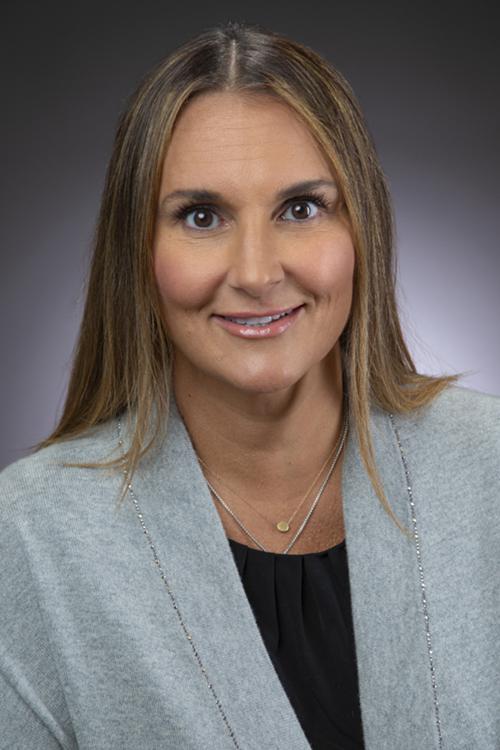If you or someone you love is preparing for heart surgery, it’s normal to feel nervous. One common concern I hear from patients is: “How long will it take for my chest bone to heal?” Let me walk you through what happens. I hope it will ease your mind. The heart surgery team here at Northeast Georgia Medical Center (NGMC) Gainesville is highly trained and well-equipped to help you achieve the best outcomes after your surgery.
What happens to the bone during heart surgery?
In traditional heart surgery, we make an incision down the center of the chest and gently separate the breastbone (also called the sternum) to reach the heart. After the procedure, we close the sternum with stainless steel wires, often combined with titanium plates and screws. This provides excellent stability for the sternum, which promotes healing, reduces pain, and increases the likelihood of a quick recovery. These wires and plates are not removed, much like the plates and screws used to stabilize a leg or arm fracture. This material may set off very sensitive metal detectors like the ones at the airport. It’s best to inform TSA agents about your wires, plates, and screws prior to walking though the detectors.
How long does it take for the bone to fuse?
For most people, the sternum starts to fuse within 2–3 weeks after surgery. At 4 weeks, it starts to change into a harder, more stable bony bridge. At this point, patients begin to feel less pain and can begin to do light activities. By 6–8 weeks, the sternum gains about 50% to 60% of its normal strength. The bone continues to remodel and harden by 8–12 weeks. This is when patients can resume unrestricted arm activities and can lift up to 25 pounds.
When you experience full healing depends on your age, overall health, and how well you follow recovery instructions.
Here’s a simple breakdown:
- Weeks 1–2: You’ll feel sore and tired. Rest is key.
- Weeks 3–6: You’ll begin light activity like walking and gentle stretching.
- Weeks 6–12: The bone is mostly fused. You can return to work or drive if your doctor says it’s safe.
- After 12 weeks: Most people are back to normal life, though some may need more time.
This healing timeline is part of your overall cardiac surgery recovery and reflects the typical post-surgery bone healing timeline.
What can you do to help your bone heal?
Healing well isn’t just about time — it’s also about taking care of yourself. Here are a few tips:
- Follow your doctor’s instructions: Don’t lift heavy things or push yourself too hard.
- Eat healthy foods: Protein, calcium and vitamins help your bones grow strong.
- Avoid smoking: Smoking slows down healing and increases the risk of complications.
- Do your rehab exercises: Cardiac rehab after surgery helps your heart and chest muscles recover safely. Learn more about cardiac rehab at NGMC here.
These steps support your sternum healing process and contribute to a safe recovery following open-heart surgery.
What if you don’t want your bone separated?
If you are wondering about alternatives to open-chest surgery, I have some good news: Some patients do not need traditional open-chest surgery, and the sternum can be spared. For certain heart problems, we can use minimally invasive robotic-assisted surgery. In fact, NGMC Gainesville is one of only two hospitals in the state of Georgia that offer robotic-assisted heart surgery. Here is what that means:
- We make small cuts between the ribs instead of opening the chest.
- We use robotic tools to perform the surgery with great precision.
- The breastbone stays intact, so it doesn’t need to fuse afterward.
This type of surgery often means:
- Less pain
- Less blood loss
- Smaller scars
- Shorter hospital stays
- Faster recovery
Not everyone is a candidate for robotic heart surgery, but if you are, it’s worth asking your surgeon about it.
Connect with our program
Heart surgery is a big step, but it can save your life. I’ve seen thousands of patients go through it and come out stronger, healthier and more confident. The healing process takes time, but you won’t be alone. Your care team will guide you at every step of the way.
If you’re worried about the bone healing or heart surgery itself, talk to your surgeon. Ask questions. Share your concerns. A good surgeon will listen and help you feel safe and informed.
If you are looking for an expert cardiothoracic surgeon in north Georgia, call our office at 770-219-7099. Our staff will ask you for some information and help you with next steps. To learn more about our surgeons, click the button below.
Karen Gersch, MD, FACC, FACS, is a cardiothoracic surgeon with Northeast Georgia Physicians Group (NGPG) Cardiovascular & Thoracic Surgery.



